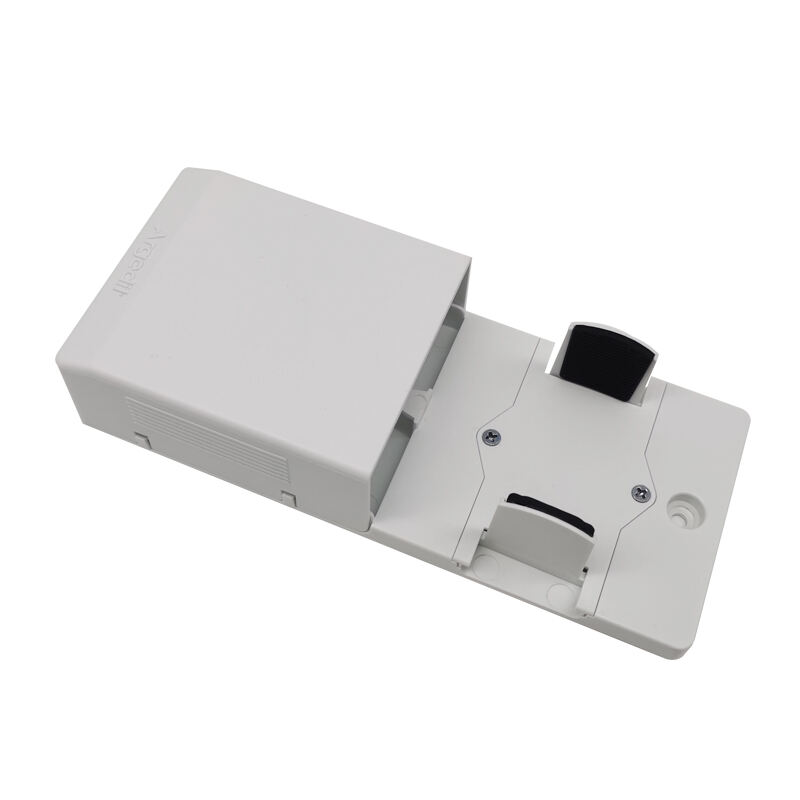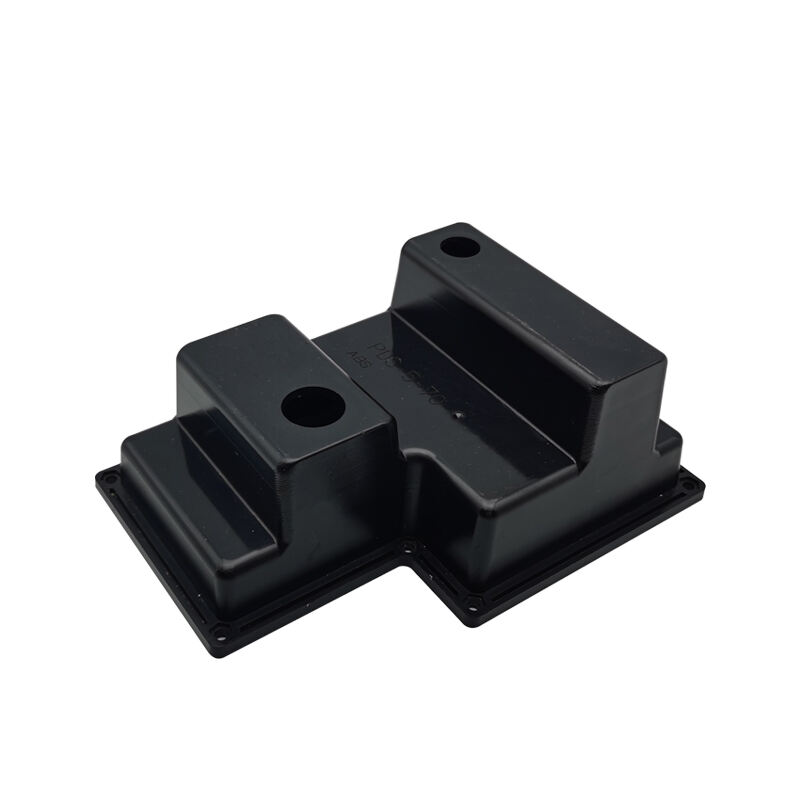plastic molded parts
Plastic molded parts represent a cornerstone of modern manufacturing, offering versatile solutions across numerous industries. These components are created through injection molding, a precise manufacturing process where molten plastic material is injected into carefully designed molds under high pressure. The resulting parts demonstrate exceptional consistency, durability, and dimensional accuracy. These components can be manufactured using various thermoplastic and thermoset materials, each selected based on specific application requirements such as temperature resistance, chemical compatibility, and mechanical strength. The technology enables the production of complex geometries and intricate details that would be difficult or impossible to achieve through other manufacturing methods. From automotive components and consumer electronics to medical devices and aerospace applications, plastic molded parts serve crucial functions in countless products. The manufacturing process allows for high-volume production while maintaining strict quality standards and cost-effectiveness. Modern advancements in molding technology have introduced capabilities for multi-material molding, in-mold decorating, and the integration of additional features like threaded inserts or mounting points directly during the molding process.


